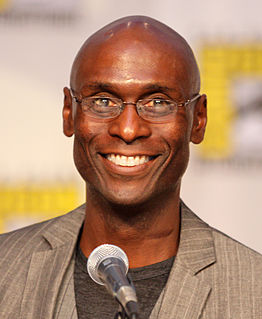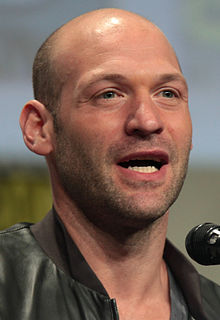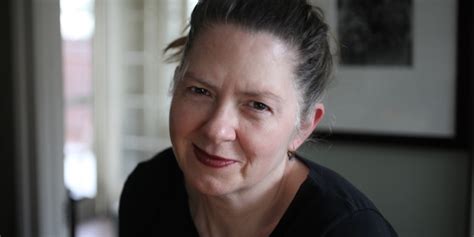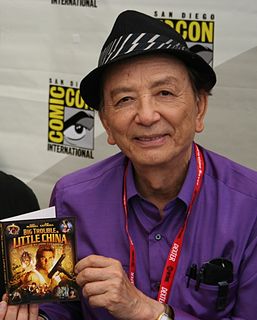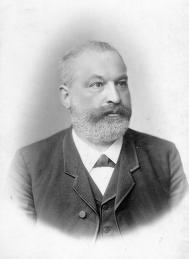A Quote by Edan Lepucki
I think that sharpens the intention of a scene and clarifies a story's arc. Of course, I don't seek the questions until after I've written a scene - or maybe after I've daydreamed it.
Related Quotes
have a much harder time writing stories than novels. I need the expansiveness of a novel and the propulsive energy it provides. When I think about scene - and when I teach scene writing - I'm thinking about questions. What questions are raised by a scene? What questions are answered? What questions persist from scene to scene to scene?
I don't particularly like the idea that there's an arc to the story and that therefore in this scene you have to convey this bit of information or emotion. I like more the feeling that, of course, there is a shape to the story, but that each scene should feel right, should be true at that moment, and that gradually you accumulate these moments of truth until you get enough of them together that it becomes a story that's interesting.
I really like the Chris-R scene and of course the "you are tearing me apart Lisa" scene. The reason I love the Chris-R scene is because we worked really hard to finish it. It's not just that though, it brings people together. Everyone is one the roof together by the end of the scene. You see the perspectives of the different characters. I feel like with all the connections in this scene that the room connects the entire world
Maybe I had something to do with that. I don't know. But public don't believe press. If you were straight and really told it like it is, as Howard Cosell used to say, right? Of course, he had some questions also. But, if you were straight, I would be your biggest booster. I would be your biggest fan in the world, including bad stories about me. But if you go - as an example, you're CNN. I mean, it's story after story after story is bad.



